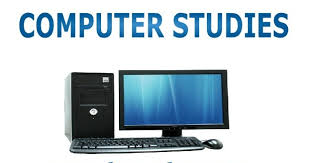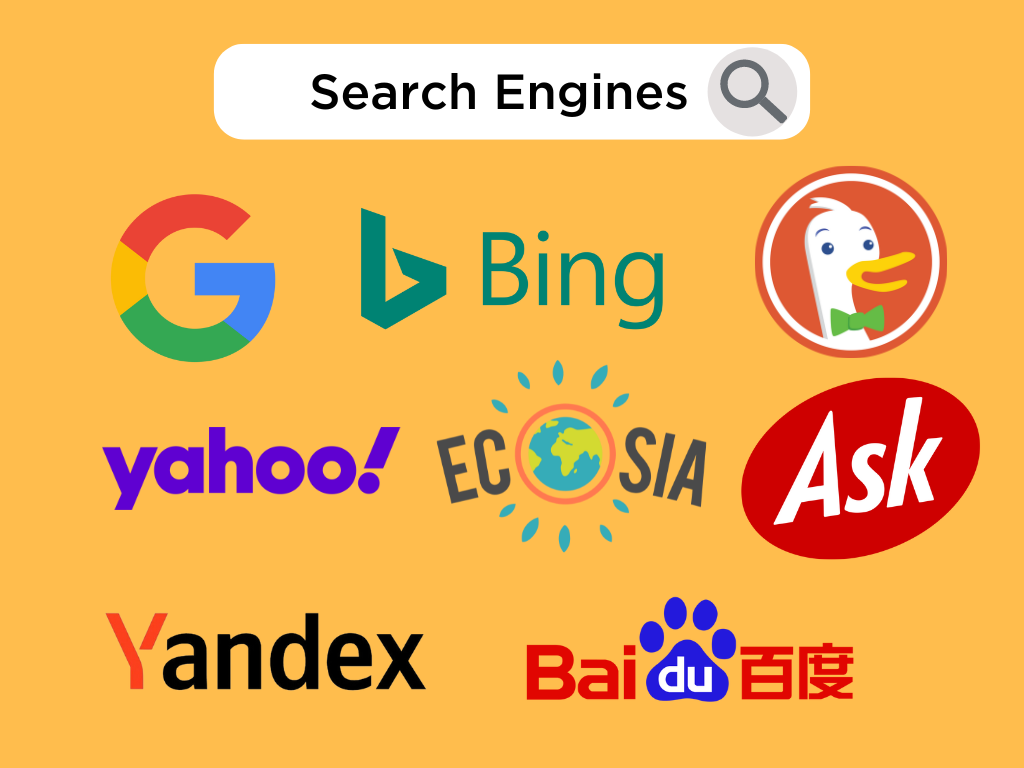Input and Output Devices of Computer
Input and output devices are integral components of a computer system, working together with the CPU to ensure seamless operation. The CPU serves as a crucial intermediary between these devices, facilitating the transfer of data. This article provides comprehensive notes on commonly used input and output devices.
What is an Input Device?
An input device enables the user to enter data or send control signals to the computer. Examples include keyboards, mice, touchscreens, scanners, microphones, cameras, and joysticks.
Examples of Input Devices:
- Keyboard
- Mouse
- Microphone
- Joystick
- Paddle (PC Gaming tool)
- Light pen
- Remote
- Webcam
- Biometric Devices
- Digitizer
- Scanner
- Track Ball
- Graphic Tablet
- Magnetic Ink Card Reader (MICR)
- Optical Character Reader (OCR)
- Bar Code Reader
- Optical Mark Reader (OMR)
Brief Description of Input Devices:
- Keyboard: Used for typing text. Includes letters, numbers, symbols, and function keys.
- Mouse: Used for pointing and clicking items on screen.
- Touchpad: Flat surface for finger gestures and multi-touch.
- Joystick: Used in gaming or controlling applications.
- Scanner: Digitizes images or documents.
- Digital Camera: Captures images or videos digitally.
- Microphone: Captures audio input.
- Graphics Tablet: For digital drawing and handwritten input.
- Barcode Reader: Scans and interprets barcodes.
- Light Pen: Selects screen items directly.
- Trackball: Mouse-like pointing device with a ball.
- Gamepad: Controller for gaming.
- Webcam: For video conferencing and photos.
- Touchscreen: Input via direct touch.
- Biometric Devices: Fingerprint or iris scanners for authentication.
What is an Output Device?
Output devices present processed data from the computer to the user. Examples include monitors, printers, speakers, projectors, and headphones.
Examples of Output Devices:
- Monitors: LCD, LED, CRT, Plasma
- Printers: Dot Matrix, Inkjet, Laser, Daisy Wheel, Line, Impact, Chain, Non-impact, Drum, Character
- Projectors
- Graphic Plotters
- Braille Readers
- Speakers
- Headphones
- GPS Devices
Brief Description of Output Devices:
- Monitors: Display text, images, videos, and icons.
- Printers: Produce physical copies of documents or images.
- Speakers: Convert signals into sound.
- Projectors: Display visuals on large screens or walls.
- Headphones: Personal audio listening devices.
- Plotters: Print large-scale graphics; 3D printers create physical objects from digital designs.
Devices That Are Both Input and Output
- Touch Screen
- Modems
- Network Cards
- Audio Cards / Sound Cards
- Headsets (Speaker = output, Microphone = input)
- Facsimile (FAX)
Difference Between Input and Output Devices
| Input Devices | Output Devices |
|---|---|
| Accept data or instructions from the user and send them to the computer for processing | Display the processed data or instructions produced by the computer |
| Examples include a keyboard, mouse, scanner, microphone, webcam | Examples include monitors, printers, speakers, projectors, headphones |
| Convert analog data into digital format | Convert digital data into analog format for human perception |
| Can be wired or wireless | Can be wired or wireless |
| Control the computer or interact with software applications | Present information or media to the user |
| Enable users to provide feedback to the computer | Enable the computer to provide feedback to the user |


